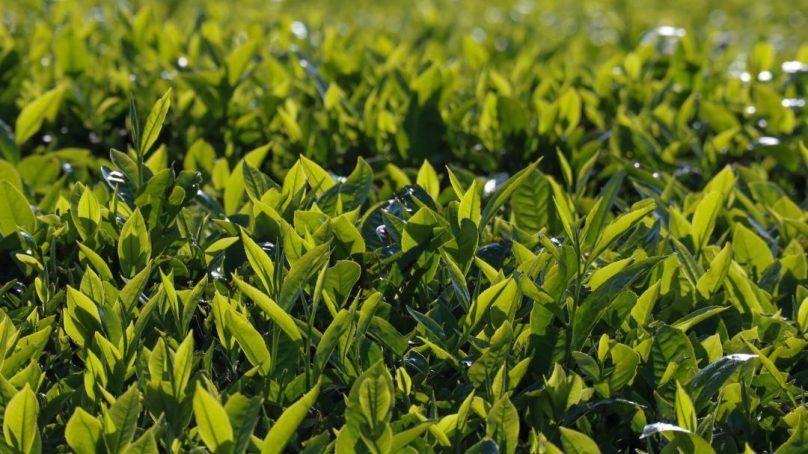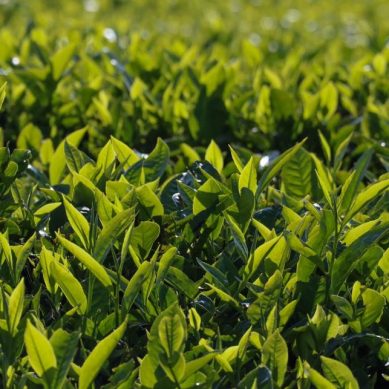
Kenyan tea stakeholders are partnering with the French Development Agency (AFD), the French Embassy in Kenya and Equity Group to support an ongoing feasibility study on Geographical Indications (GI), a tool that boosts the international branding and value of Kenyan tea.
The study, conducted by the Centre for International Agricultural Research for Development (CIRAD), which began in September and is expected to end next month (December 2025), focuses on tea-growing areas around the Aberdare ranges, Mt Kenya region and the Kericho Highlands.
Findings will inform strategies for implementing GI in all tea-growing regions in Kenya.
Willy Mutai, the CEO of the Tea Board of Kenya, said on Thursday (today) that the study seeks to document the unique qualities of Kenyan tea linked to their geographic origins and explore how branding them as origin-specific products can increase value and competitiveness in global markets.
“Geographical Indications can help position Kenyan tea as a world-class origin brand, protecting our farmers’ heritage while improving their earnings,” he added.
Benefits to farmers and the industry, if adopted, Mutai said, could further boost farmers’ incomes through premium pricing for origin-certified tea, strengthen global recognition of ‘Kenya Tea’ alongside iconic tea such as Darjeeling and Ceylon, encourage sustainable production and community-based development, and foster collaboration among growers, factories, and marketers in protecting and promoting Kenya’s tea identity.
The initiative is backed by Kenya’s Geographical Indications Act (Cap 508), the Industrial Property Act (2001) and global agreements such as WTO’s TRIPS and AfCFTA’s IP Protocol, which provide legal grounds for protecting origin-linked products.
The Tea Board of Kenya affirmed that the study will guide a national GI strategy for the tea industry, enhancing quality, reputation and value for farmers across the country.
Kenya’s tea industry is a major global player, making it a top tea exporter after China and India and a leading foreign exchange earner. It is seeking Geographical Indication (GI) status to brand its produce, attract premium prices, and protect its unique qualities from misuse.
While Kenya does not yet have a comprehensive GI law, stakeholders are working with international partners to develop branding strategies through existing trademark laws, which currently offer protection via certification marks.
The initiative aims to boost farmer earnings by ensuring the distinctiveness and quality of Kenyan tea in the global market.
- A Tell Media / KNA report / By Wangari Ndirangu







